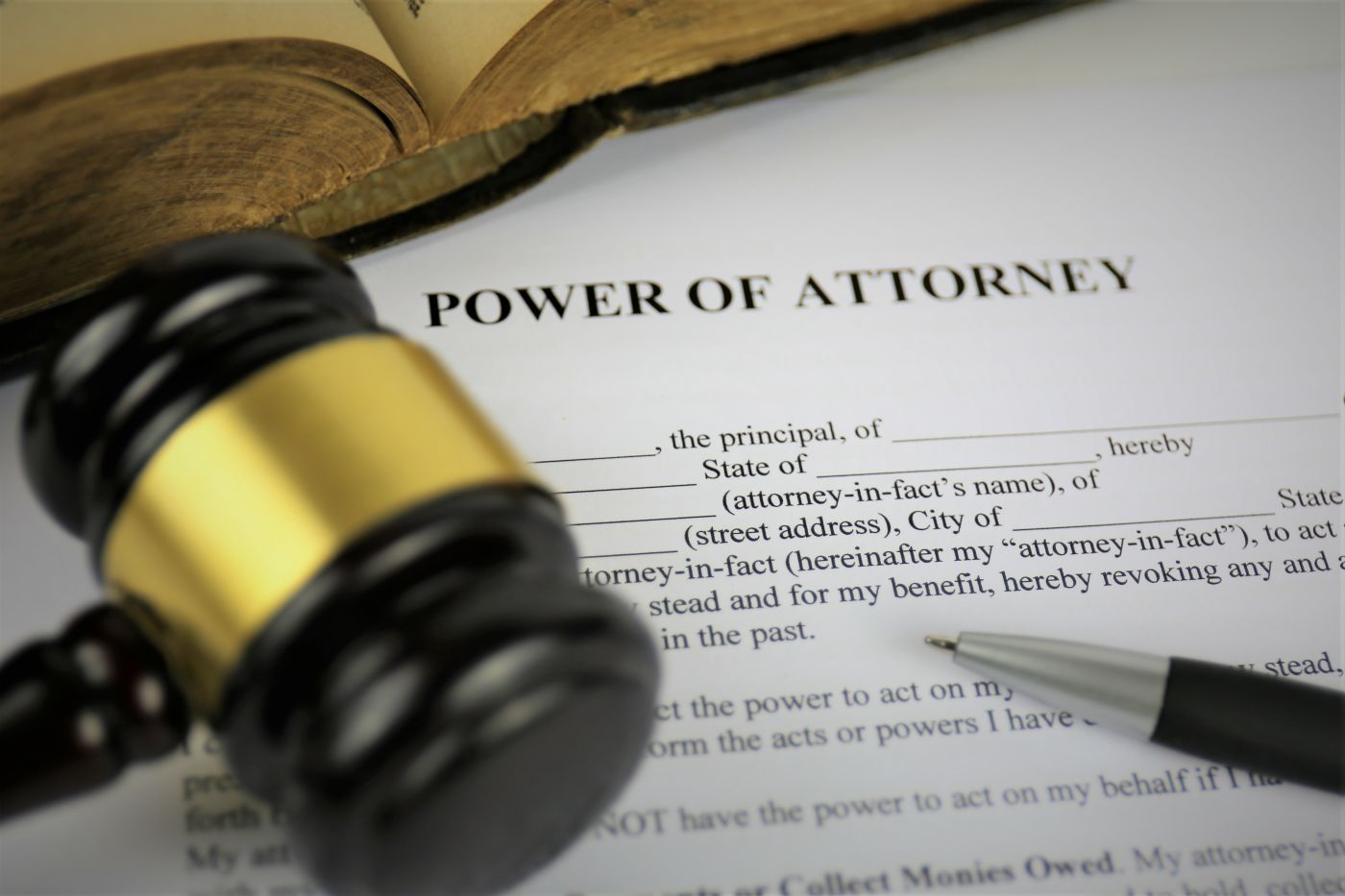Blog
How to Plan for Business Succession and Ensure a Smooth Transition
How to Plan for Business Succession and Ensure a Smooth Transition
Business succession planning is essential for any company owner who wants to protect what they’ve built and provide long-term value for future leaders. The Jacobson Law Firm, P.C., located in San Antonio, Texas, works with business owners across industries to develop succession strategies tailored to their goals.

Powers of Attorney: Why They’re Essential for Managing Health and Financial Decisions
Powers of Attorney: Why They’re Essential for Managing Health and Financial Decisions
When it comes to managing important health and financial decisions, being prepared for unexpected events is key. Powers of Attorney (POA) serve as one of the most crucial tools in making sure that health and financial matters are handled according to a person’s wishes if they’re ever unable to make decisions themselves.

Wills vs. Trusts: Which One Is Right for Your Estate Plan?
Wills vs. Trusts: Which One Is Right for Your Estate Plan?
When it comes to preparing for the future, one of the most important steps anyone can take is developing a comprehensive estate plan. In Texas, individuals have a variety of tools at their disposal to structure their estate according to their wishes. Two of the most common tools are wills and trusts.

How to Avoid Probate in Texas
How to Avoid Probate in Texas
Probate is the legal process through which a deceased person’s estate is administered and distributed according to their will or state law. While this process is an essential part of settling many estates, it can be time-consuming, expensive, and often public.

Benefits and Risks of Sole Proprietorship in Texas
Benefits and Risks of Sole Proprietorship in Texas
At The Jacobson Law Firm, P.C. in San Antonio, Texas, many clients frequently ask about the benefits and risks of operating as a sole proprietorship. This business structure is particularly popular among entrepreneurs because of its straightforward nature and minimal setup requirements.

What Happens to a Sole Proprietorship When the Owner Dies?
What Happens to a Sole Proprietorship When the Owner Dies?
When you're a solo entrepreneur, it's easy to get caught up in the daily grind and overlook what happens when unforeseen events occur. One such event is the death of a sole proprietor.

What Happens If You Die Without a Will in Texas?
What Happens If You Die Without a Will in Texas?
Contemplating what happens after death can be unsettling, yet planning for it is crucial to honor one's wishes and make sure that loved ones are cared for.

